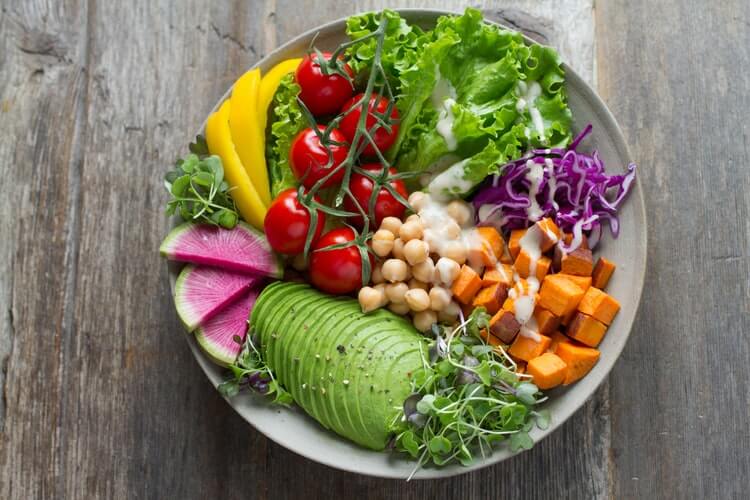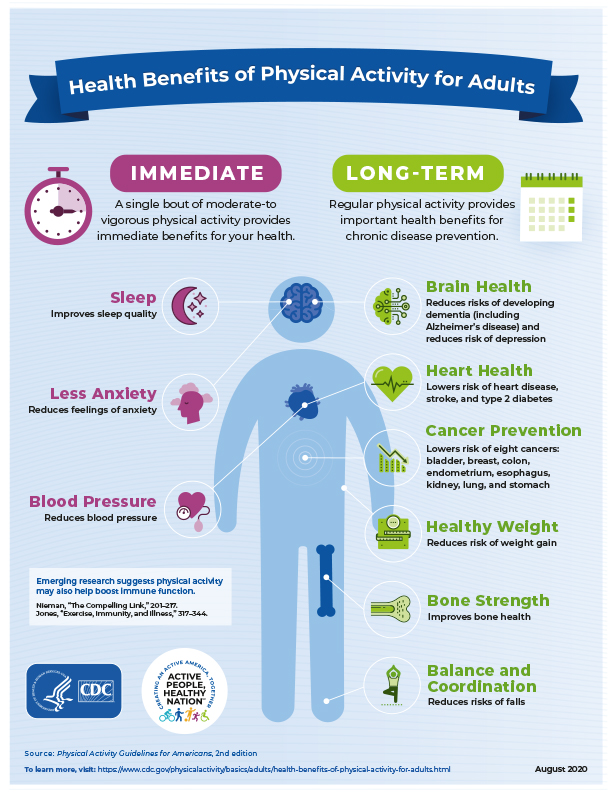
Healthy eating during pregnancy does not mean denying yourself of your favorite foods. Vegetables can be included in your daily meals, depending on what stage you are at. They can also be added to soups, smoothies and sandwiches. You can find a variety of vegetable colors. They also provide different vitamins, minerals. Fresh fruits and vegetables are the best choices, but you can also choose to eat canned or dried fruit. Pregnancy is a time when you need to wash your vegetables well before you eat them.
It is best to avoid cold or smoked foods during pregnancy. Instead, you should choose fresh fish or tinned fish that's been steaming hot. While deli meats are considered safe in some countries, women should refrain from eating them until they become pregnant. Talk to your midwife or gynecologist if you have any questions about the best foods for pregnancy. You should not make a substitute for a doctor's advice.

Baby growth is supported by eating protein-rich food. A pregnant woman needs extra protein for her growing baby, so consuming more protein-rich foods will help the development of the baby's brain and heart. High-protein foods contain vitamins and fiber that can be beneficial to pregnancy. You can add more grains to your diet. These are rich in fiber, folate, B vitamins, folic acid, and iron. Furthermore, they can reduce the risks of hemorrhoids and constipation.
Folate is a key ingredient in dark-green vegetables. It is essential for the development and growth of the uterus and the neural tube of the fetus. You can also add frozen vegetables to your meal to make your meal more interesting. You can also make your diet vegetarian to increase your protein intake. It's also rich in vitamin C and fibre. These foods are great sources both of iron and fiber.
Milk is a great source of calcium, which is essential for the development of the baby. Other sources can also provide calcium such as dairy. Low-fat milk can be a good alternative if you have a lactose intolerance. Other dairy products contain a lower amount of fat, so make sure to choose one that is low-fat. These foods are high in nutrients, which are vital for the baby's development. Consider the various food groups when choosing what foods to eat.

High-protein foods are a good choice. While most of these foods contain protein, avoiding red meat and other red meat is not a good idea. You should also eat lots of whole grains and nuts in addition to poultry, beef, fish, and Turkey. These foods are full of essential nutrients, fiber, and other nutrients that help support the growth of the baby. Peas and beans are great choices for pregnant women. They are also rich sources of iron and B vitamin, making them a good choice.
FAQ
What is a good schedule for a 7-day work out?
A seven-day exercise plan should include cardiovascular training (running/biking/swimming), strength exercises (using weight machines, free weights) and one flexibility/core program (yoga or Pilates). It's essential to do each activity at least once a week. Each session should last no more than 45 minutes.
Cardiovascular Exercise: Running, Biking, Swimming
Aim to do at least 60 minutes per week of cardio. For best results, aim for 75 minutes per week. Cardio exercises can be used to increase blood flow, stimulate muscle growth, and improve blood circulation.
Strength Training
Cardio exercises focus on the heart and lungs while strength training targets muscles and bones. Strength training helps you burn calories even while resting.
Flexibility and core workouts
You can strengthen your entire body by strengthening flexibility and core exercises. Both yoga as well as Pilates are great choices.
Does Weightlifting Burn Fat Faster?
Weight lifting is a great way to burn fat faster but you need to do it together with cardio exercise.
You should do weightlifting after your cardio workouts to maximize its benefits.
When done correctly, weightlifting increases your heart rate and oxygen consumption which helps you lose weight.
However, if you don't combine it with cardio you won't see any significant changes to your body composition.
Are There Any Benefits to Yoga?
Yoga has been popular since ancient times. Celebrities and ordinary people love yoga.
Yoga is great for strengthening your muscles and stretching them. It also relaxes your mind and makes you calmer.
Yoga and other forms exercise differ in that yoga is focused on breathing techniques.
For balance and flexibility, there are many poses you can do.
Do I have to do it every day?
No! No! This means that you should be able to walk fast enough to feel slightly out of breath, or bike hard enough to sweat.
Statistics
- The PRS enabled risk stratification for overall prostate cancer and lethal disease with a four-fold difference between men in the highest and lowest quartiles (HR, 4.32; 95% confidence interval [CI], 3.16-5.89). (pubmed.ncbi.nlm.nih.gov)
- Get free shipping and 25% off today. (healthline.com)
- 10 pounds in a month is likely during a lean bulking phase, especially for beginners. (muscleandstrength.com)
- An estimated calorie range for moderately active adult males falls between 2,200 to 2,800 calories per day, depending on age. (eatright.org)
- According to the American Academy of Dermatology (AAD), men over 50 are at a heightened risk of developing it. (healthline.com)
External Links
How To
How can I burn fat while exercising?
Exercise burns calories through increased metabolism and oxygen consumption.
Exercise at a moderate intensity to safely lose weight.
These are the top tips for burning fat while you exercise.
-
Cardio exercises can include running, walking, swimming or cycling.
-
You can exercise for 30 mins three times per week.
-
If you want to lose more weight, add strength training to your routine.
-
Avoid intense workouts. It is possible to build muscle without destroying muscle tissue.
-
Keep hydrated during exercise. Water helps to flush out toxins from the body and maintains proper hydration.
-
Choose low-fat protein shakes after working out. Protein shakes can help boost energy and repair muscles.
-
So you don’t feel hungry, eat smaller meals throughout your day.
-
Don't skip breakfast! Skipping breakfast can leave you feeling tired and sluggish.
-
Take care of your mental health. Stressful situations can slow down metabolism.
-
Keep a positive attitude. Studies show that people who believe they're overweight gain more weight than those who think they look pleasing.
-
Sleep enough. Lack of sleep makes it harder to burn fat.
-
Keep active. Be sure to get up and move around every hour or two.
-
Maintain a healthy diet. A healthy diet will help you feel fuller for longer.
-
Find ways to relax. A tense mind doesn't allow your body to release stress hormones that break down muscle tissue.
A balanced diet is one that includes all of the essential nutrients required for growth.
Consider eating six small meals daily instead of three big ones. This gives your body more time to digest the food you eat.
To maintain strong bones, you need to consume 500 mg of calcium each day. Calcium is available in dairy products like milk, yogurt, fortified soy beverages, orange juice, cereal, bread, and cereals.
Calcium is found in leafy green vegetables and beans, tofu as well as nuts, seeds, cheese, and seeds.
Your body needs vitamin D to absorb calcium. Vitamin D is found in eggs yolk, fatty fish and fortified foods.
Vitamin E is crucial for skin health. It can be found as a vegetable oil, wheat germ, peanuts or almonds.
Your body needs zinc for normal immunity function and wound healing. Zinc is found in seafood, oysters legumes meats, whole grains, whole grains and meats.
Zinc deficiency may cause fatigue, loss appetite, depression, and impaired immunity.
Insulin resistance is caused by eating too much sugar, which can increase blood glucose levels. Insulin resistance leads directly to weight gain.
Insulin resistance is caused by high blood levels of free-radicals. Free radicals are molecules that have unpaired electrons, which can cause damage to cell membranes or other parts of your body.
Free radicals come mainly from food additives, pesticides, herbicides, preservatives, smoking, air pollution, radiation, chemicals in cosmetics, lotions, and household cleaning supplies.
Free radical damage can cause cancer, heart disease and diabetes, as well as arthritis, asthma, and other diseases.
To prevent free radical damage, eat a healthy diet rich in antioxidants. Antioxidants protect against oxidative damage.
Vitamin C can be found in citrus fruits. Beta carotene can be found in carrots. Sweet potatoes. Tomatoes. Carrots. Sweet potatoes. Spinach. Broccoli. Cantaloupe. Vitamin E is found in nuts. Olive oil, avocados.
Selenium, copper as well as manganese and zinc are some other antioxidant nutrients.
Selenium protects cells from free radical damage. Selenium can be found in Brazil nuts and liver, kidneys, liver, kidneys, shrimp, cod, turkey and lamb as well as chicken.
Copper protects eyes, brain, lungs and red cells. Copper is found in shellfishes, poultry, meat, organ meats, and other foods.
Manganese forms an essential part of bone structure. Manganese is found in brown rice, spinach, bananas, prunes, raisins, oatmeal, and lentils.
Zinc is important for healthy growth, reproduction, and wound-healing. Zn is found in lean cuts of meat, white fish, poultry, and eggs.